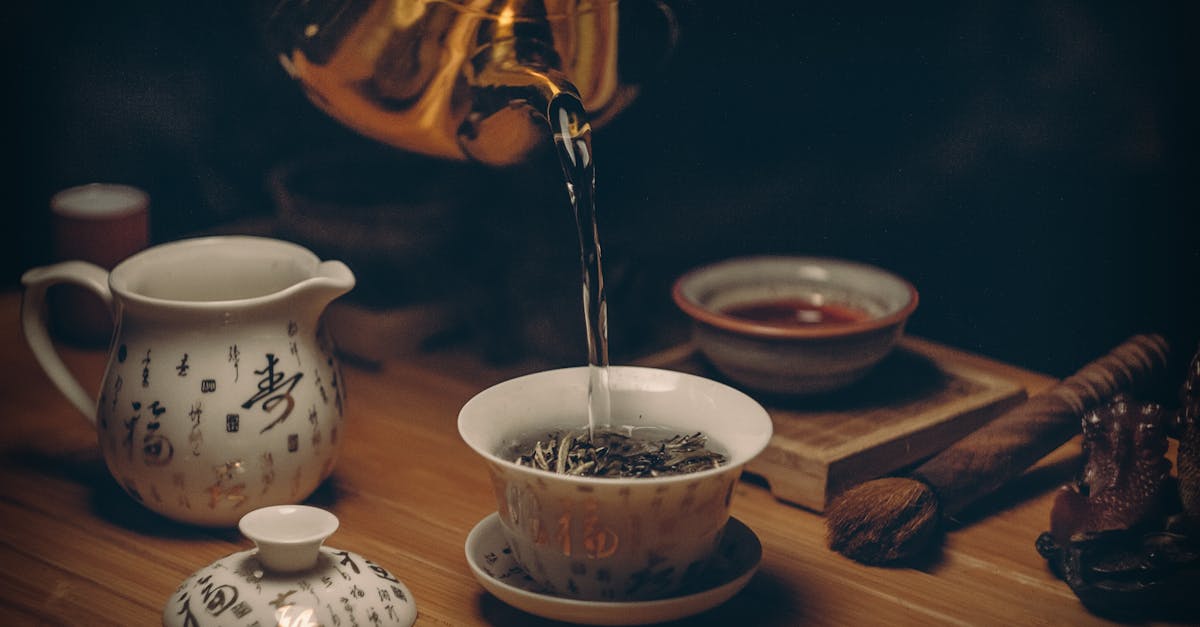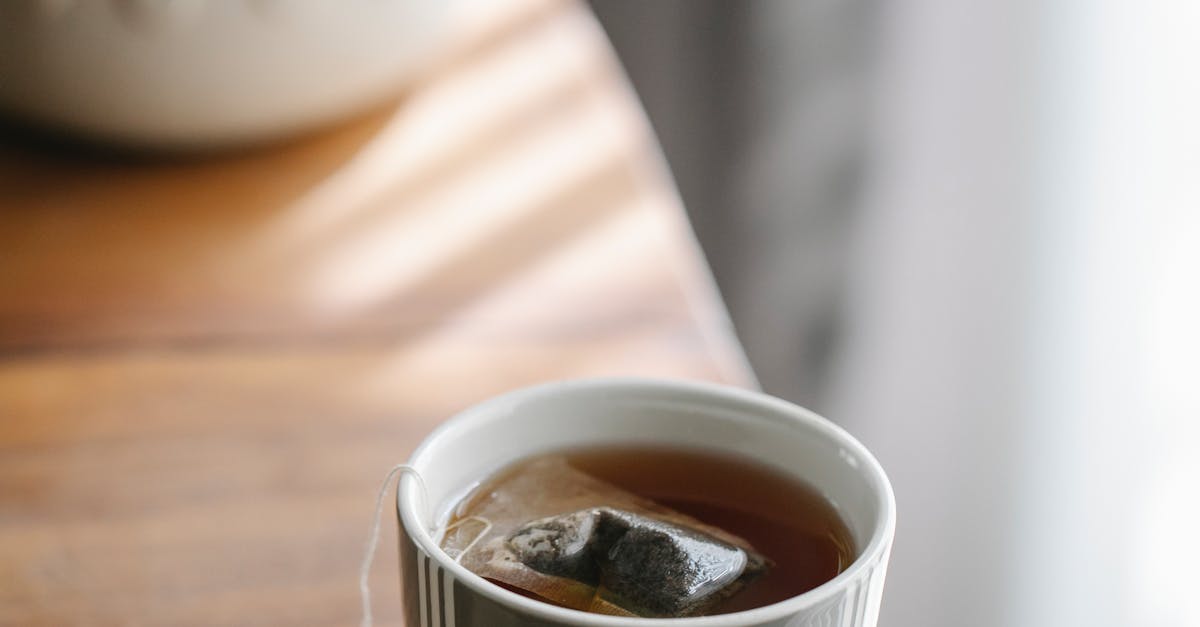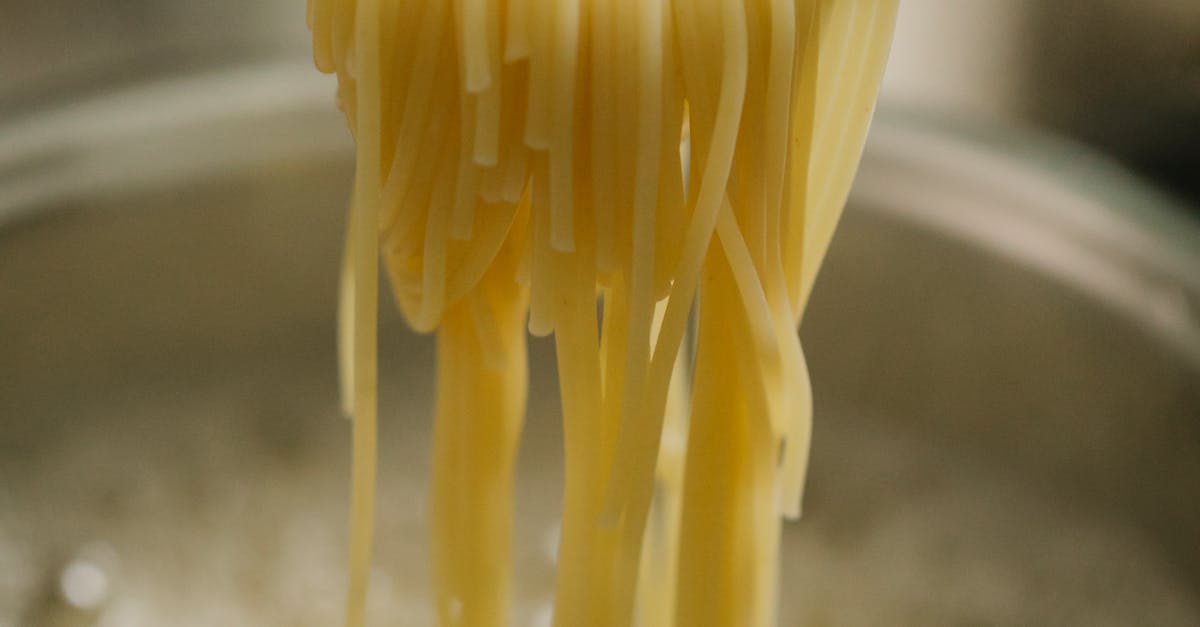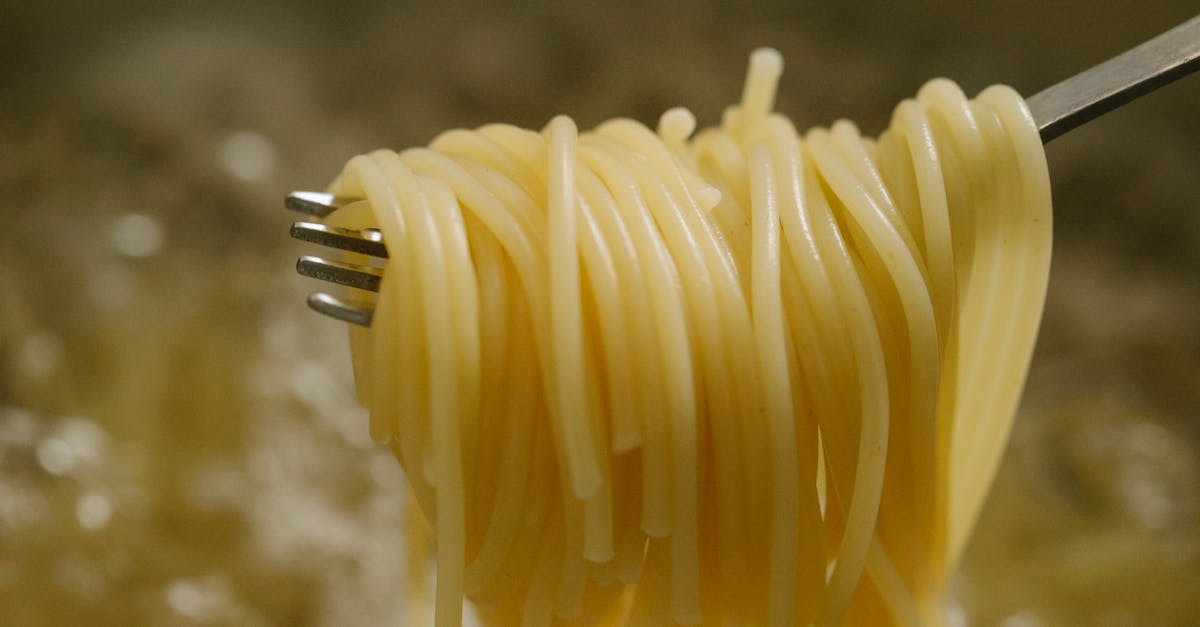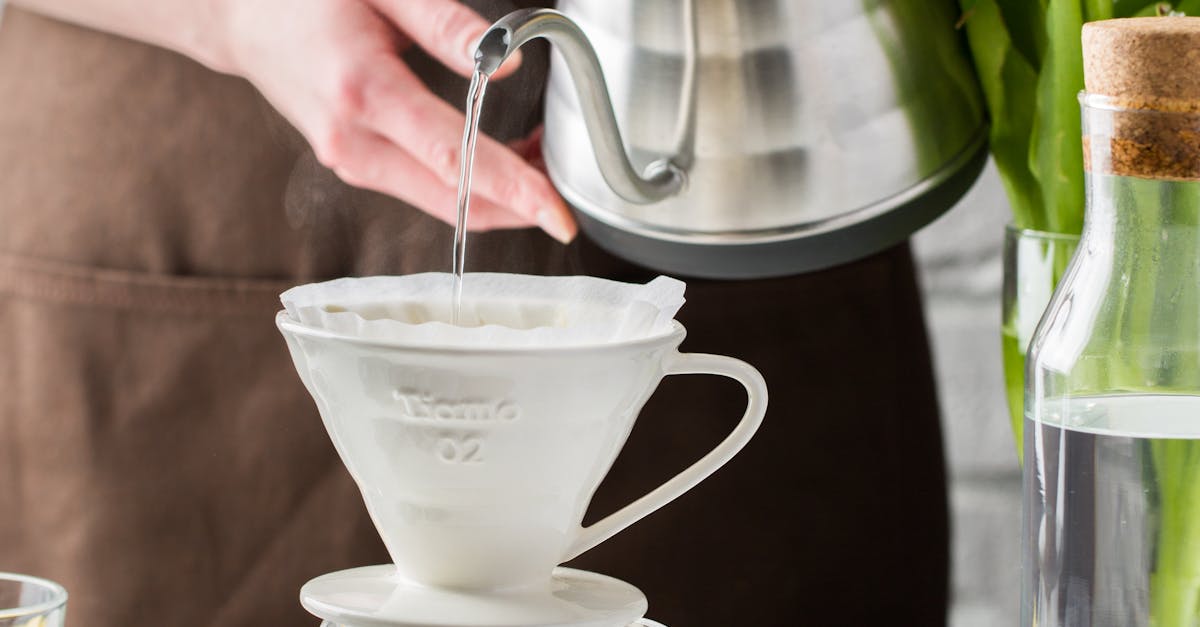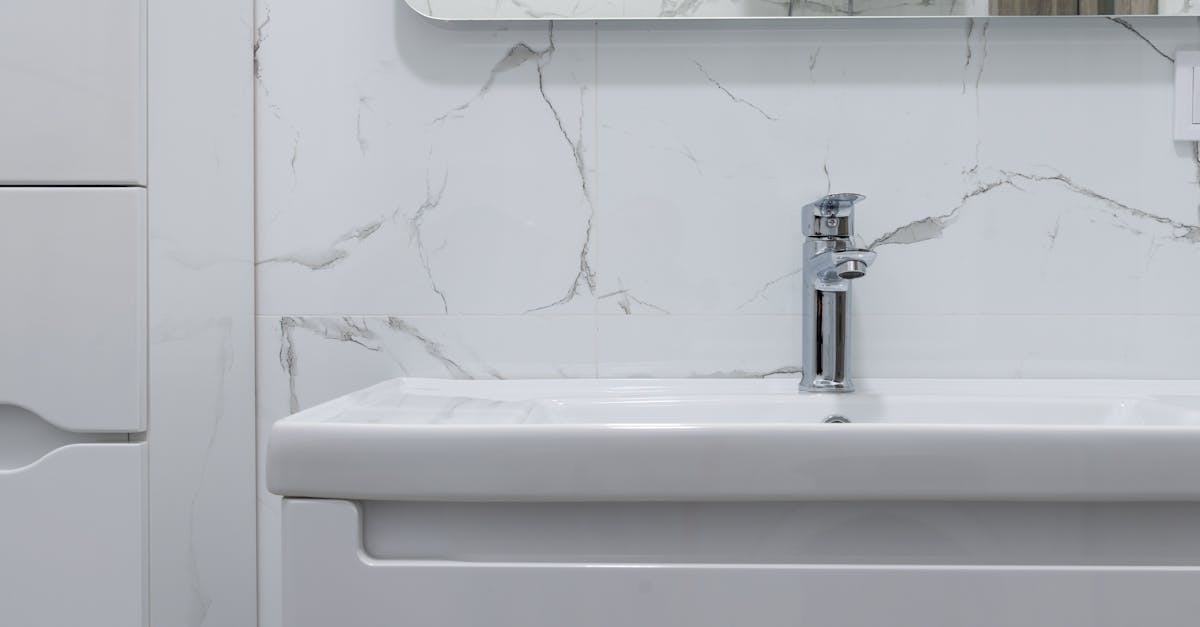
Table Of Contents
Benefits of Hot Water Flushes
Hot water flushes serve as an effective method for maintaining clear drains and preventing blockages. The heat helps to dissolve grease, soap residues, and other organic materials that may accumulate over time. Regular use of hot water can ensure that these substances do not build up, which ultimately reduces the frequency of more intense drain cleaning treatments.
Incorporating hot water flushes into your cleaning routine is simple and can be done as part of your regular maintenance. Pouring boiling water down the drain once a week can keep it flowing smoothly. This practice not only aids in keeping drains clear but also contributes to a more hygienic plumbing system overall, minimising unpleasant odours and ensuring efficient drainage.
Frequency and Best Practices
Regular drain cleaning is essential to maintaining a healthy plumbing system. Performing hot water flushes once a week helps to break down grease and debris that accumulate over time. This practice not only assists in preventing clogs but also promotes a more efficient flow through the pipes. For added effectiveness, combining hot water with other natural cleaning agents can significantly enhance the results.
Best practices for drain cleaning include not only regular maintenance but also being mindful of what goes down the drain. Avoid disposing of grease, oils, or fibrous foods in kitchen sinks. Similarly, in bathroom sinks and toilets, users should refrain from flushing items like wipes or sanitary products. By adopting these habits and cleaning routines, you can reduce the frequency of blockages and prolong the lifespan of your drainage system.
Incorporating Salt in Your Routine
Salt can be a valuable addition to your drain cleaning routine. Its abrasive properties help to break down greasy buildup that often clogs pipes. When mixed with hot water, salt dissolves and can travel smoothly through the plumbing system, dislodging debris along the way. Regularly adding salt to your routine can maintain clear drains and prevent future blockages from occurring.
To effectively incorporate salt into your drain cleaning efforts, consider using a mixture of salt and hot water on a weekly basis. Combine about half a cup of salt with boiling water and pour it down the drain. Allow it to sit for at least 30 minutes before flushing with cold water. This simple practice not only aids in maintaining the plumbing but also reduces the reliance on harsh chemical cleaners, making it an environmentally friendly option.
Salt’s Role in Drain Maintenance
Salt is an effective and natural option for drain cleaning that many people overlook. When combined with hot water, it can help break down grease and buildup found in pipes. This simple remedy acts as a gentle abrasive, assisting in loosening debris without causing damage to plumbing systems. Additionally, salt helps to neutralise unpleasant odours, making it a practical choice for maintaining fresh-smelling drains.
Incorporating salt into your drain maintenance routine can be both straightforward and beneficial. Regular applications, ideally on a weekly basis, can keep your drains clear and functional. Using a mixture of salt with vinegar or baking soda can enhance the cleaning effect, providing a more comprehensive approach to tackling stubborn clogs. Over time, this natural method can contribute significantly to the overall health of your plumbing system.
The Power of Lemon Juice
Lemon juice is a powerful natural ingredient that can be effectively used for drain cleaning. Its acidity helps to break down grease and food particles that may be clogging your drains. Regular use can prevent build-up and keep the pipes running smoothly.
In addition to its cleaning properties, lemon juice also provides a fresh scent that enhances the overall cleanliness of your home. Combining it with baking soda creates a foaming action that not only assists in clearing stubborn blockages but also leaves your drains smelling fresh. Incorporating lemon juice into your routine ensures a more eco-friendly approach to maintaining clear drains.
Natural Enzyme Benefits
Natural enzymes play a vital role in drain cleaning, effectively breaking down organic matter and grease that can accumulate over time. These enzymes work by digesting food particles, hair, and soap scum, making them an eco-friendly alternative to harsh chemical cleaners. Opting for natural enzyme-based products can help maintain clear drains without damaging pipes or harming the environment.
Using natural enzymes regularly encourages a healthier plumbing system. This method not only prevents clogs but also promotes a balanced ecosystem within your drains. By introducing these enzymes into your maintenance routine, you support ongoing drain cleaning efforts and reduce the overall buildup of debris and odours.
FAQS
How often should I flush my drains with hot water?
It is recommended to flush your drains with hot water at least once a week to help prevent build-up and keep them flowing smoothly.
Can using salt in my drains damage the pipes?
No, using salt in moderation is safe for most plumbing systems. It can help break down build-up without causing damage, but it's best to avoid excessive amounts.
How does lemon juice help keep drains clear?
Lemon juice acts as a natural disinfectant and can help break down grime and grease in drains due to its acidity, leaving them fresh and clean.
Are natural enzyme cleaners effective for drain maintenance?
Yes, natural enzyme cleaners can be very effective as they use beneficial bacteria to break down organic matter, helping to keep drains clear without harsh chemicals.
What are some other natural methods to prevent drain clogs?
Other natural methods include using baking soda and vinegar, regularly removing hair and debris from drain covers, and ensuring proper disposal of grease and food scraps.







